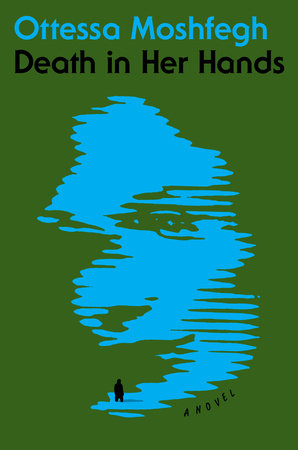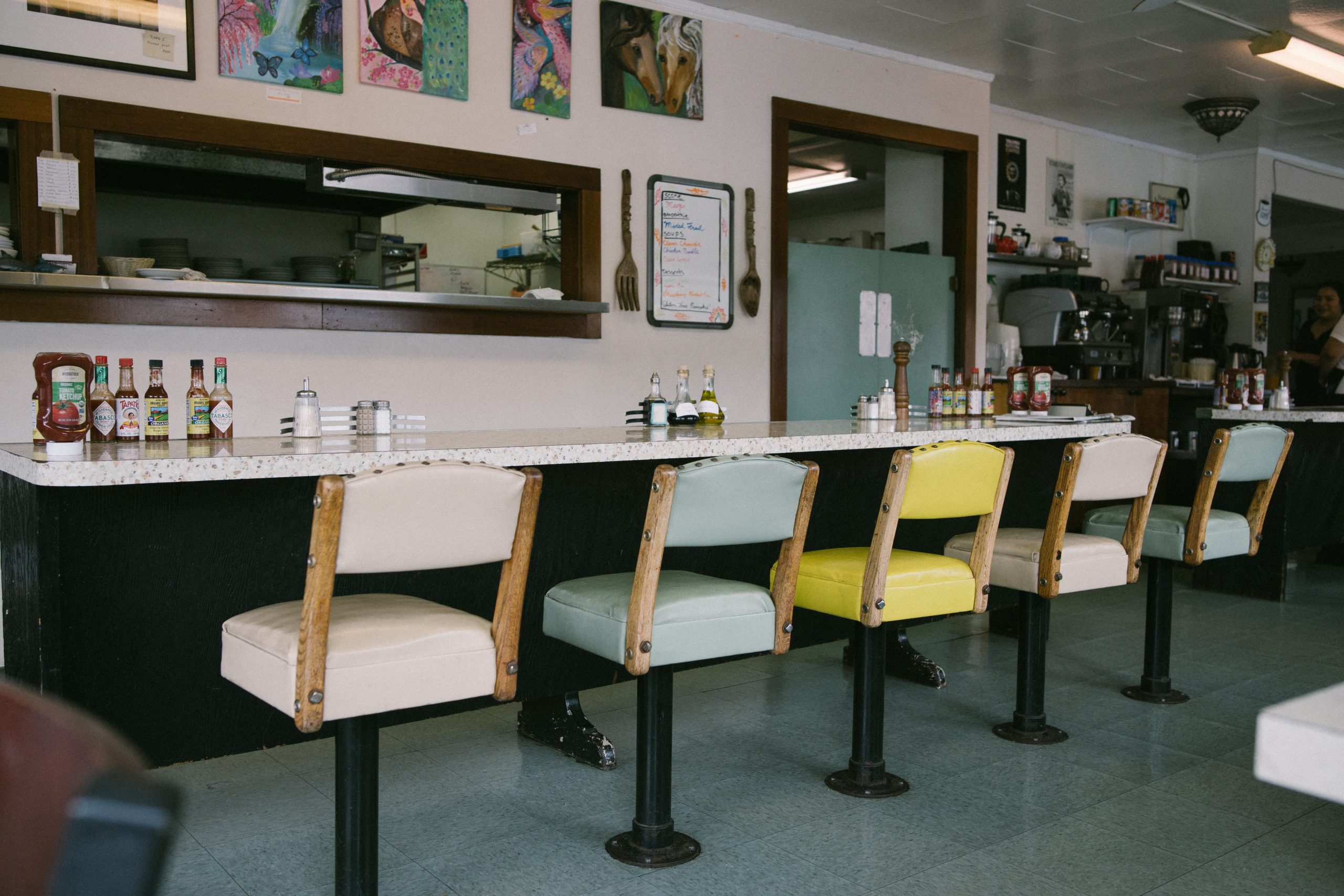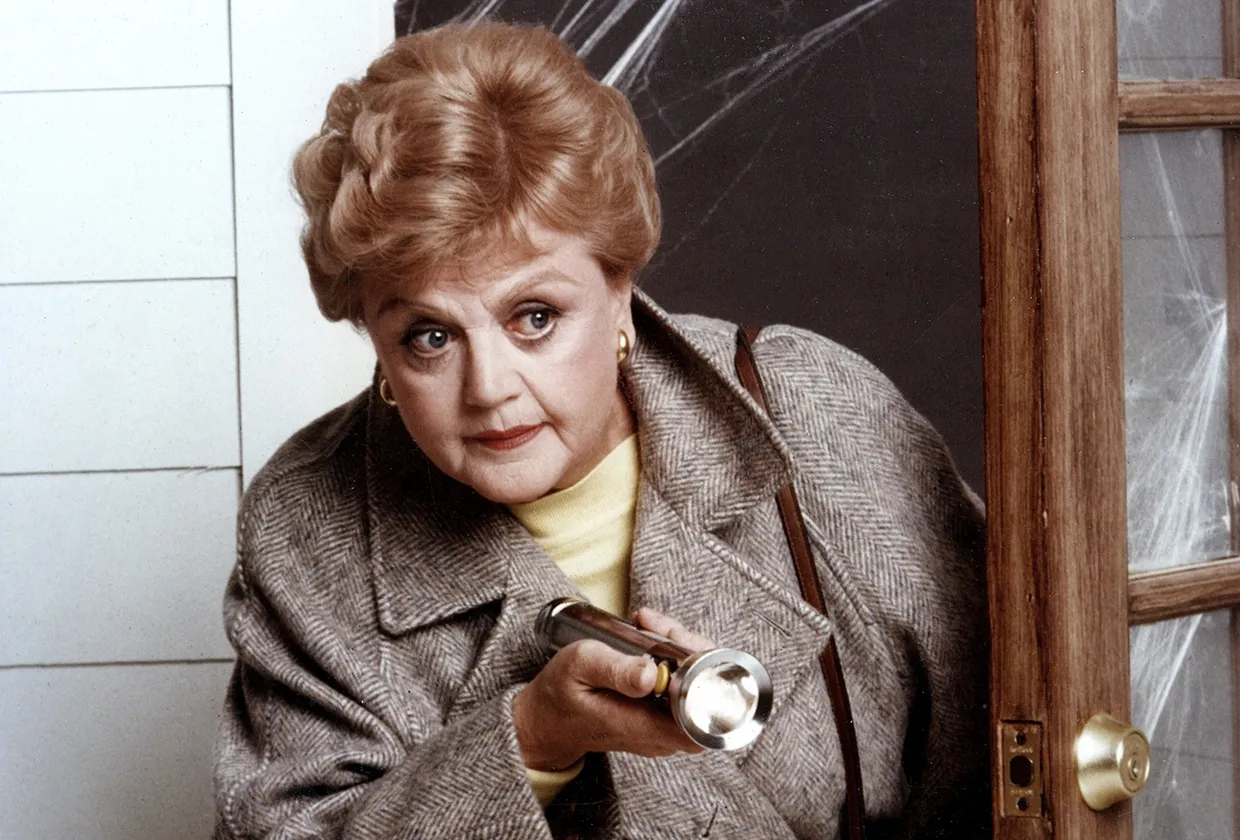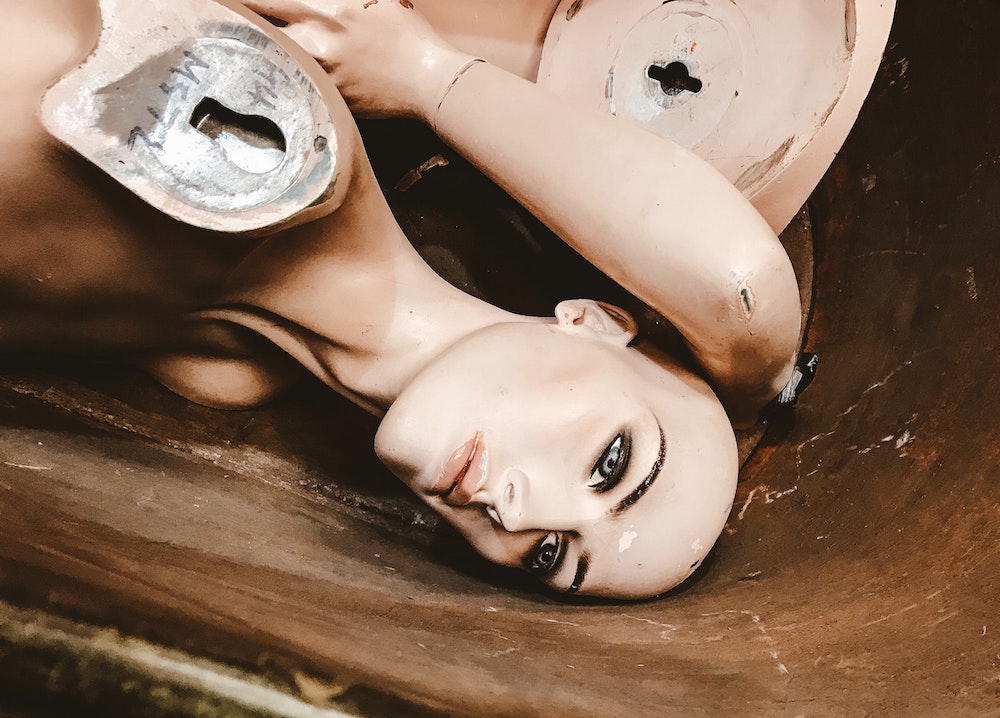Interviews
Ottessa Moshfegh’s New Novel Explores the Dark Side of Social Distancing
"Death in Her Hands" is about a lonely old widow trying to solve a murder mystery in isolation
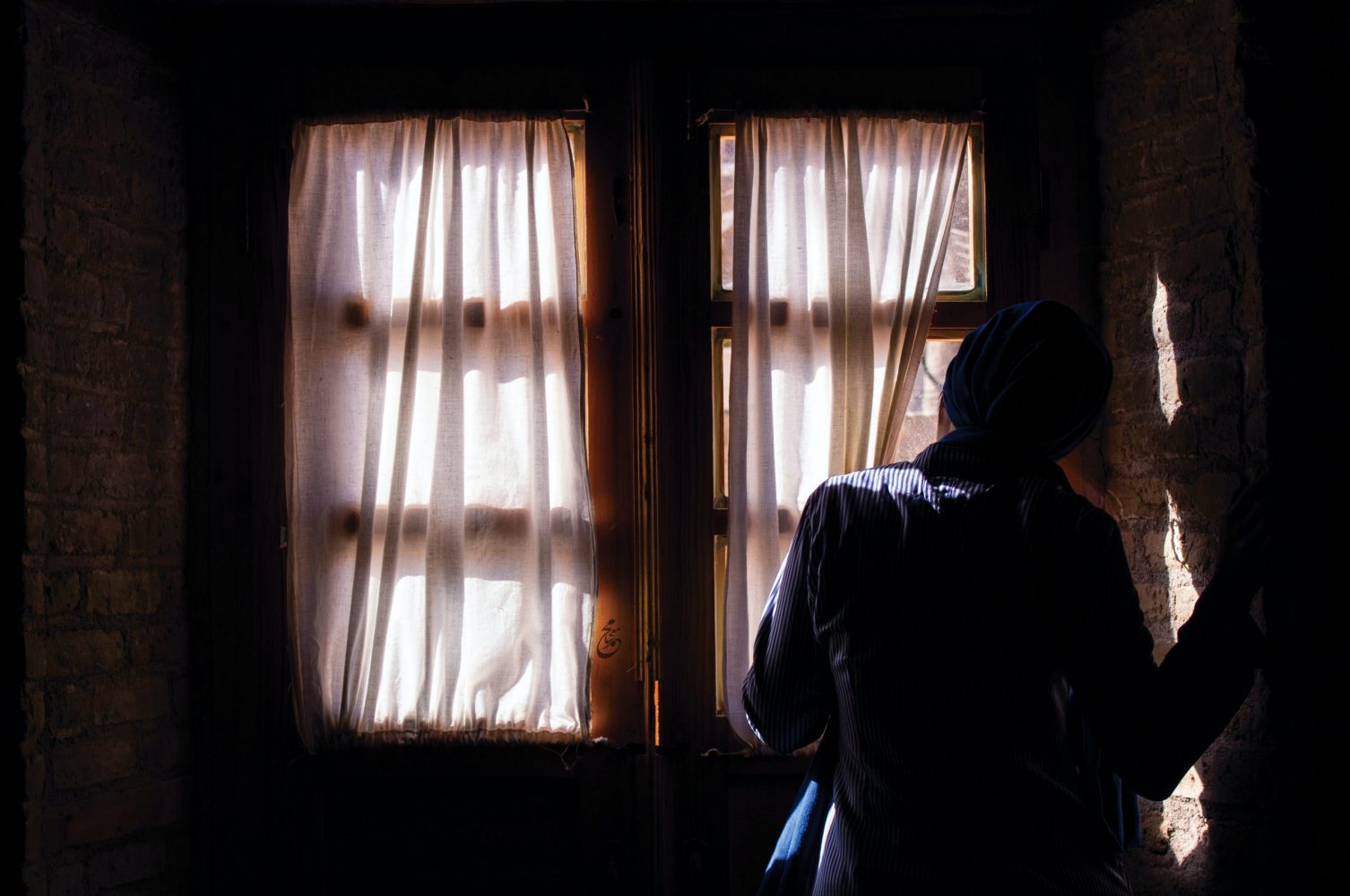
Ottessa Moshfegh can write about cynicism and vice in a way that is at once dangerously validating and innocuously readable. Her characters are young, prideful, verbose, and hate the world just enough more than they hate themselves to make room for an inventive plot every time. Death in Her Hands, Moshfegh’s latest, is a little different. On page one, a lonely old widow named Vesta finds a mysterious note. The rest of the novel follows her spiraling obsession with the anonymous message, resulting in comically extravagant theories that anxiously trouble the line between reality and delusion. The only other character is a dog.
In light of the current pandemic, Death in Her Hands feels eerily clairvoyant. It’s a deeply internal thriller about what the mind can convince itself when left truly alone—the potential ramifications of what we now call social distancing, written years before it became a practice that defined our daily lives. And the predictions are grim!
I spoke to Ottessa Moshfegh over the phone about her new book in early March, back before its release date was twice postponed, along with a brief follow up mid-May. We talked about alienation, genre conventions, and what it means to get older, among other things. We also spent the first five minutes of our call chatting about the then-burgeoning pandemic, an eerily clairvoyant discourse in and of itself that I had to cut off to start our interview (Her take? “The timing of this outbreak is so creepy to me. Like, is this on purpose?”). But with Ottessa Moshfegh, what else can you expect?
Verity Sturm: What’s the story of its genesis?
Ottessa Moshfegh: I was living in Oakland. I had finished my short story collection (Homesick for Another World) and was waiting for it to come out, so I had this limbic period of not knowing what to do next. Like, I knew that a lot of things were going to happen—I was going to move, my book was going to come out. But I was done writing short stories, and I desperately needed a creative project. So I told myself that I would write 1000 words a day, without looking back at what I had written the day before, until I reached the end of a novel. And everything that happened was a discovery. It was like an exercise in being present, and I think that became what the book was about—the character being led in the present moment by her imagination.
So it worked. I mean, I wrote it and I put it away. I went on book tour for Eileen and then started revising it when I was living in a cabin in the woods on a lake, kind of the place that I had been imagining while writing the story, so that was really cool to get to go there. It’s a family place in Maine but I tried to avoid specifically naming the town in the book because I didn’t want it to seem like Maine exactly. But back to the question of where it started, I have no idea. I have no idea about how Vesta, like… I don’t know. It just kind of appeared on the page and became a book.
VS: Death in Her Hands is packaged as a traditional thriller, it’s got the classic title and cover design and old lady/death note imagery. Your first move into genre fiction was with Eileen, and in an interview with Vintage Books you mentioned that it was a “creative decision, not a commercial one” meant to bring attention to the limitations of systems, whether social or narrative. How does Death in Her Hands work within this genre-system?
OM: I’m fascinated by how the genre becomes institutionalized. That happens because of the books, not because there’s some preexisting idea of what a mystery novel should be. Nobody said, “okay this is the genre and now you have to write books in that genre.” I’m thinking, what would my version of that be? And what I find interesting is playing and toeing the line between expectation and the unexpected. I’m not interested in reading novels that could have been written by some computer program, you know? There should be some overriding element of human intelligence and some form of expression rather than another thing in a series that’s exactly like the last book that you loved. But I think it’s exciting when books can be placed side by side with other books of a particular genre and defy expectations around that genre.
VS: Speaking of defying expectation, your previous protagonists have been mostly young people disgruntled with life before they’ve seen half of it. What moved you to approach Death in Her Hands from 72-year-old Vesta?
OM: I was interested in a character who had already had a life, and the question of what we do at the end. Like, we’re completely alone, we’re no longer planning for the future, and we’re not even trying to really understand what’s happening in the world around us anymore. I mean, I don’t know, I’m 38, I’m not 70. My parents are in their 70s now and I wouldn’t say they have opted out of life at all, they’re both completely awake. But I was interested in a character who would be isolated physically, and also kind of spiritually. Her husband had died and she never really had a life of engagement because it was only through her husband that she really engaged in society. So what happens when you try to know yourself when you know that your life is almost over? I guess I was thinking a lot about death. It is called Death in Her Hands.
VS: Although older, Vesta speaks with an insular contempt not unlike that of your previous protagonists. You now have multiple books steeped in the first-person depths of a highly critical, often retributive perspective. Why write from a place of such bitter judgment?
OM: Probably because that’s what I was doing. I felt really, really alienated, and pretty tormented by my internal life. Although things have changed significantly in the last five years, for the better. Hmm. I want to answer this in an interesting way.
VS: There is NO pressure.
I’m not interested in reading novels that could have been written by some computer program, you know?
OM: I guess I’ve been interested in how a character in isolation can try to make sense of the world around her without actually interacting with it. Because in some sense that is what fiction is — it’s creating a world in the fortress of a two-dimensional page, an illusion in the mind of the reader that feels real enough that you can understand it. And I feel like that’s exactly what people do when they’re alienated. They have a version of reality within the fortress of their own mind. The way that we build worlds is that we see, we take evidence of things, and we make a judgment of them. And then that’s how we ascribe meaning, that’s how we build a value system and a belief system. For me, that’s essentially what fiction is.
VS: You’ve been pretty open about the torment of your internal life, often referring your 20s as some derivative of hell in interviews and profiles. But you’ve also said “I have an unflappable belief that my future is bright and that I’m blessed.” I’m wondering if you recall when or how in the past five years, as you said, your life began to change significantly for the better. And since so many of your followers are young people familiar with the cynicism of your characters, do you have any advice to junior writers or artists along the way?
OM: I think that my life actually took the turn before I started to feel the effects of it, and I also think it’s partially just a matter of getting older. This sounds weird, but when you’re in college, you have this manufactured society around you that consists of your fellow students, faculty, staff, whatever. And when you leave that system you are suddenly confronted with the world at large and you have to fit your life into it accordingly unless you want to live in a hole or never have relationships outside of college. I think the process of becoming an adult is maybe a little bit delayed in our society since the middle class has this pathway that has been kind of paved for you. There’s an expectation that you will graduate from high school, go to a four-year college, graduate from that, and then be in a career.
That didn’t happen for me, thank god, and part of that was because I knew that I was a writer. I think that the turn happened for me psychically when I realized I had reached a certain point of independence—I felt confident enough in what I was doing to reject the principles of my institutions from my path and really live according to my own compass. And by “institutions from my path,” I mean my family, my education, the region on earth where I was brought up.
So, I don’t know, I think independence and self-reliance are really important in beginning adulthood according to what you want rather than what anyone else is doing or what anyone else thinks you should do. And I think I got really lucky that what I wanted to do ended up being the very thing that was going to get me to that point. I mean, I don’t know. Is this making any sense?
VS: Yes! So much, you have no idea. Now, if your life has changed so much in the past five years, can we expect your writing to change too?
OM: Oh, yeah. Definitely. Always.
VS: Death in Her Hands seems to grow more prescient with every day that passes in the COVID-19 pandemic. What’s it like to publish a book about isolation at a time when it is so widespread and normalized, if not mandated?
I’m interested in how a character in isolation tries to make sense of the world around her without actually interacting with it.
OM: The pandemic and consequent quarantine has definitely distanced me from the experience of publishing the book: I usually go out with the book on tour, and I get to interact with readers and deliver my work to the world in a way that feels personal. I’m grateful that the book will be available this summer so that people who are still isolating, or recovering from isolation, can read it if they want.
VS: A difference between our alienation (in quarantine) and Vesta’s is that she voluntarily elects hers, stating that she’s “pleased with [her] decision” to start an independent life in the removed woods of pseudo-Maine upon the death of her husband. Vesta’s isolation precipitates the paranoia that drives the darkness of this novel, but it also seems to empower her. Do you think that being alone is always this double-edged sword? What is there to gain from gap between what it giveth and what it taketh away?
OM: I do think it’s a double-edged sword. Depending on your personality, isolation can have varied effects. For Vesta, her isolation gives her access to herself on her own terms. She lives according to her own whims and rules. But it’s also a self-reflective universe, and that self can feel like a trap for her sometimes. Having time to be alone with myself is crucial. Privacy and silence are the conditions for me to write, attune to the pace and movements of my own mind. Forced isolation can feel very different, of course.
VS: You have now written multiple books both in isolation and about isolation, and have recently identified yourself as an “isolator” in a piece for The Guardian. The evidence suggests that you’re kind of an expert in the art of being alone. Any tips for the rest of us?
OM: I don’t mean to boast that I have mastered isolation, or that my life is intrinsically better because I’m an isolator. It’s just my habit, what I’m accustomed to. It helps to have a project, some sense of duty or purpose.




